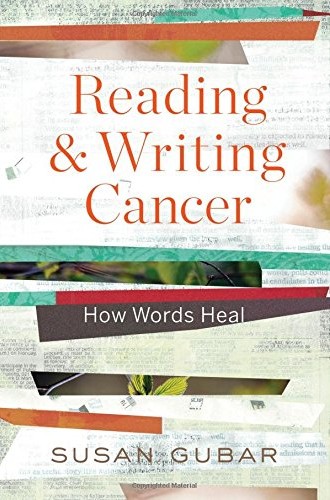Possibilities, not prescriptions
Writing may not cure cancer, but it helps with the side effects.
After rejecting “on quirky, not rational, grounds” several alternative forms of treatment for the suffering that accompanies chemotherapy, Susan Gubar discovered the therapeutic potential of writing about her cancer. “At the worst times,” she observes, “writing helps us remember” and can lead to “reconstitution of the self.”
The activity helps writers discover meaning, clarify ideas, and keep track of details. It can, at times, liberate and empower cancer survivors by distancing them from the disease. Writing is as “uplifting and inspiring for me as meditation is for others: a way of steadying myself, gaining perspective, quieting anxieties, and shifting my attention from my ailing body to words, to sentences, and (best of all) to the experiences of other people.”
Gubar’s own writing led her to explore the work of other cancer survivors: accordingly, her book surveys a wide range of voices, genres, and approaches. Gubar’s primary aim is to encourage people with cancer to write, and she offers practical advice for doing so. She also introduces readers to published works that “instruct us on the physical, mental, emotional, social, and economic repercussions of various cancers and treatments” in order to “discover multiple ways to live with the disease.” Her discussion of these works provides a powerful overview of the emotional and ethical complexities of cancer and its treatment.






